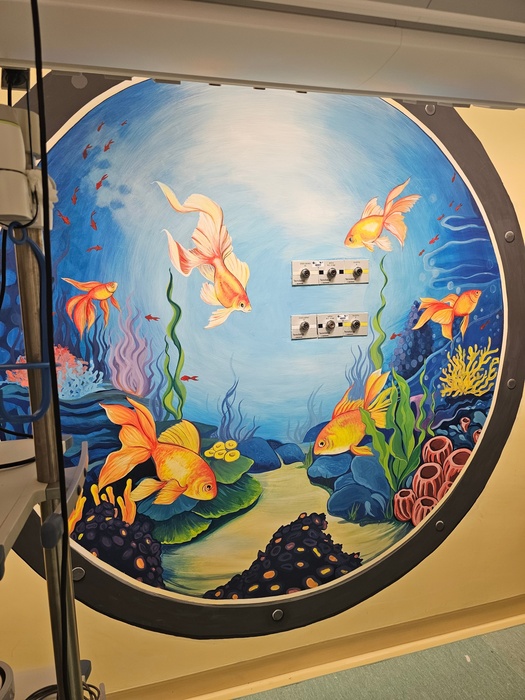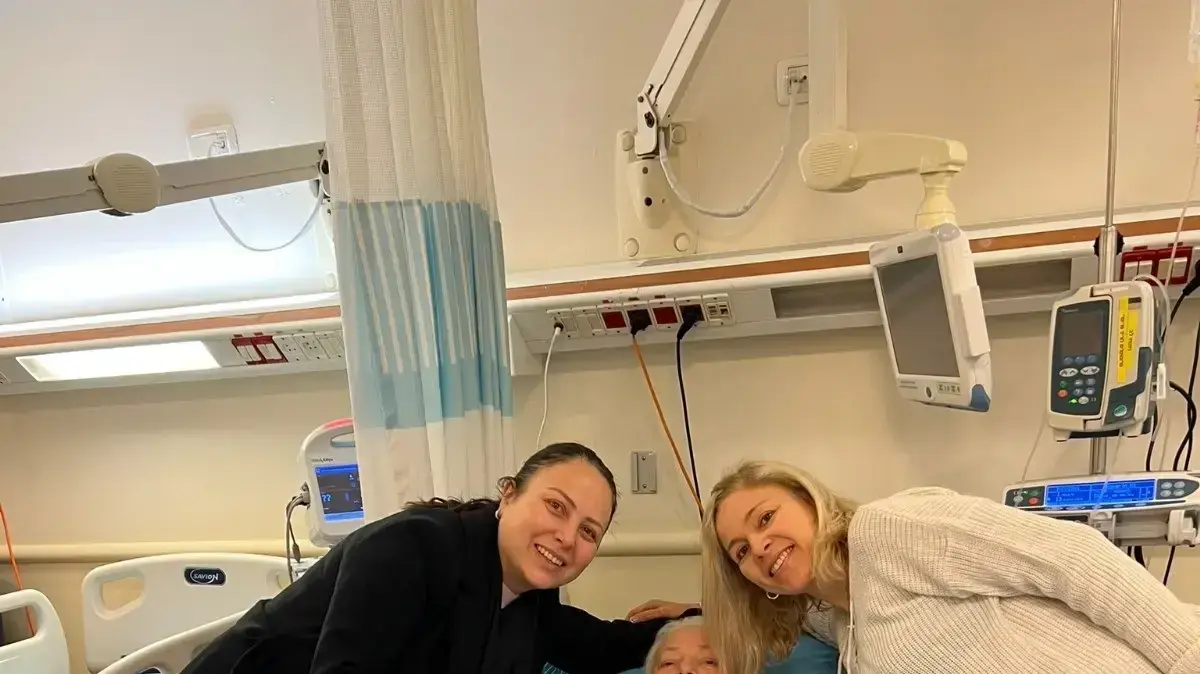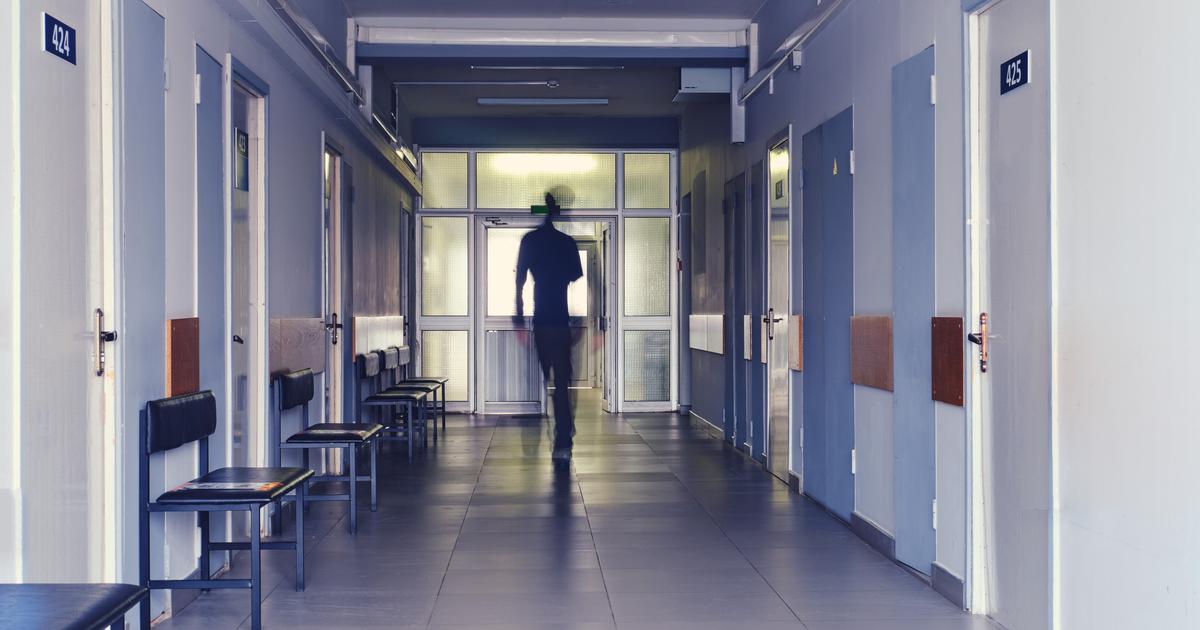Read the video transcript here
For three days, SPIEGEL editor Tobias Großekemper accompanied intensive nurses at the Leipzig University Hospital for his report.
He saw exhausted staff and terminally ill patients.
We called on Instagram to ask him questions about his research, the nursing emergency or the situation on the wards.
Here are the answers.
How did you feel about the mood in the intensive care unit?
How are the nurses there?
“On the one hand, there was concern about the fact that now comes what was already apparent in the past week: ever increasing numbers and thus also takeovers. And the other difficulty that the staff had there was this inside, on the ward, here people die, with the outside, there is celebrations, there is life, there is made, done. - Bringing that on top of each other because that's a certain form of schizophrenia. Because, yes, I think that says it best, inside people die as if there was no vaccine and outside people live as if there were no corona. "
How big is the anger towards unvaccinated people who still deny Corona?
“Everything I've seen gives me no reason to think about the fact that not everyone is treated equally well. So that in advance. But of course you are sometimes faced with situations and have difficulties grasping them for yourself. Because if a person lies there and struggles with death who, according to everything we know today, would not have had to take this route if he had had himself vaccinated, then that is a difficulty. "
How open were the employees to you?
Did you have the feeling that they were happy to be heard through you or did you stand in the way?
“I had the great advantage that I am a trained nurse and so I did not understand everything about what was happening, but at least I had internalized or still know the basic principles. That helped me. In the end, it wasn't me or the research that was in the foreground, but the people who do something there. Not doing something, doing something necessary and very, very strenuous. And that's how I saw this work for myself: take myself back a little, don't disturb, don't stand in the way. "
You know the work on the ward, but how was it for you in this very extreme situation?
How do you manage to keep your distance?
“I basically just ran along and just wrote down. So it was just my job, but it was over after three days. These people who work there and who have been doing it for 20 months now, of course not at the same rate for 20 months. These people never got the time to take a deep breath. They couldn't even go on vacation for three months and say, so now do your shit on your own. And now they are slipping, as it were, wiped out by what was, into what is now to come, worrying that everything will be even worse than last Christmas. And I think that's much, much harder. "
How do relatives and patients deal with journalists reporting on site?
"We are here in a corona intensive care unit and the people who lie here have the most massive, massive health restrictions. And when you get to this ward, you may still be able to speak, but that will eventually be over when the disease takes its course. And then you have people there, bodies that are completely sedated. So lying in an artificial coma and of course I was not able to speak to these people and I did everything to protect the personal rights of this person. That's why there are of course no names and the like. "
Would a compulsory imprint provoke a further shortage of staff in the hospitals?
“For the people who work there, I can't see anything negative about compulsory vaccination, a general vaccination requirement. Because it would just take the pressure off these people in what they do. And personally, but that's just my personal opinion, I have zero understanding for working in such sensitive areas and rejecting compulsory vaccination for yourself personally. If you think you have to do that, then maybe you should work elsewhere. "
What should politics do in the future?
How can the permanent emergency be ended?
»Ultimately, nurses have a wish, ultimately a wish that we all have, but which is very difficult to imagine at the moment. They just want to get back into a normal mode. They want to do the job they are trained to do. They want to work with the normal cases, they want to do what they always have because they do that damn well. But you don't want to act in constant constant stress, which, I believe, simply wears people down in the long run. Also the one quote that was given to me: "We are just being burned for the second time.", The intensive care specialist said that. These people were burned for the first time in the second wave, as I said around Christmas last year. And now it starts again.And if these people are not better protected, if their job description is no longer valued, if we don't get a fundamental helix to recognize the importance of this activity that they are doing, then we shouldn't be surprised when the people go off the flag. "















/cloudfront-eu-central-1.images.arcpublishing.com/prisa/IGZ7GOCXZ5GUPAQ2HWGK6Z76BU.jpg)